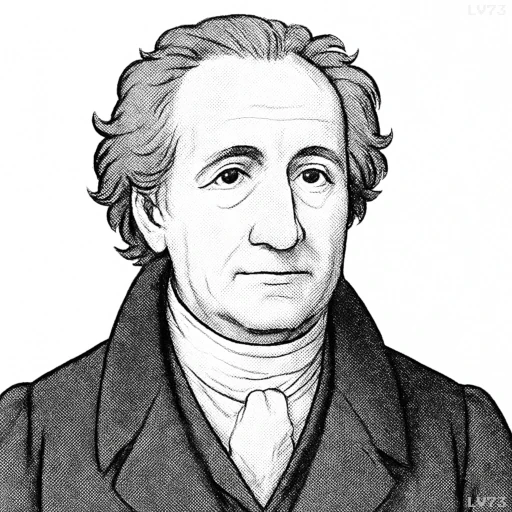“I can tell you, honest friend, what to believe: believe life; it teaches better than book or orator.”

- August 28, 1749 – March 22, 1832
- German
- Poet, playwright, novelist, philosopher, politician
table of contents
Quote
“I can tell you, honest friend, what to believe: believe life; it teaches better than book or orator.”
Explanation
Goethe suggests that the greatest lessons in life come not from external sources like books or speeches, but from living itself. While knowledge from books or speeches can inform and inspire, true wisdom is gained through personal experience—the trials, successes, and challenges we encounter in our daily lives. Life teaches us lessons through action, consequence, and reflection, and these teachings are often more profound and lasting than those passed down through second-hand knowledge.
Historically, this idea reflects the value Goethe placed on experience and practical wisdom. In the Romantic era, thinkers emphasized the importance of individual experience and introspection as essential to personal growth and understanding. Goethe himself was deeply reflective, believing that wisdom is gained through living fully and learning from the diversity of experiences life offers.
In modern contexts, this notion still holds true. While formal education and external guidance are invaluable, many people find that their most important life lessons come from facing challenges, making mistakes, and learning through trial and error. For example, a person may learn more about resilience or problem-solving by going through a difficult career transition or personal hardship than from any textbook or lecture.
Goethe’s words encourage us to trust in life’s ability to teach us and to value the wisdom that comes from living authentically, embracing both the joys and struggles that shape our understanding of the world.
Would you like to share your impressions or related stories about this quote in the comments section?






